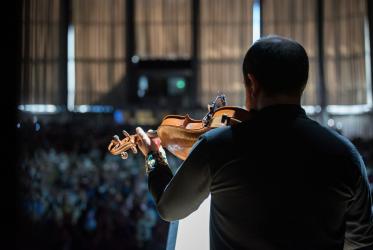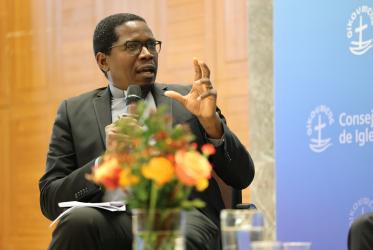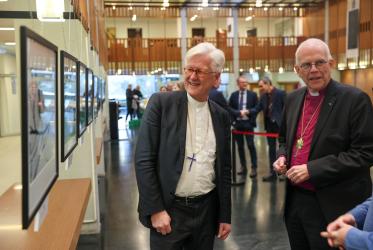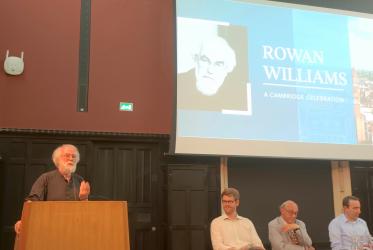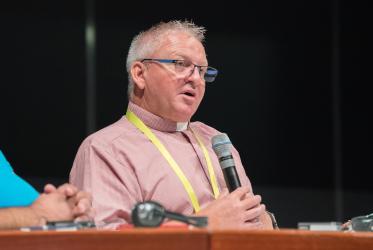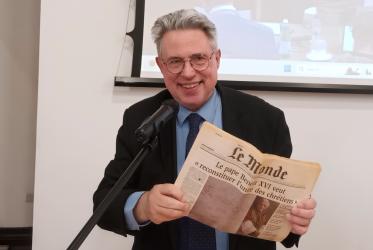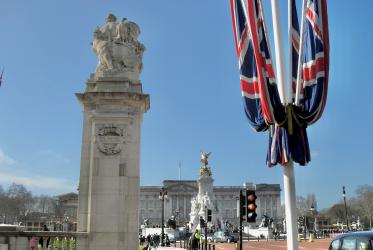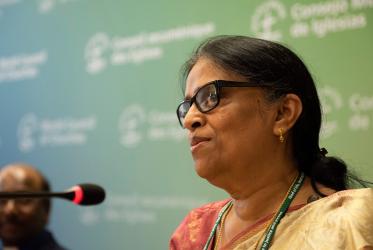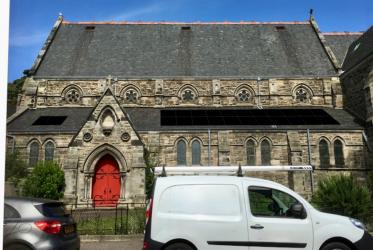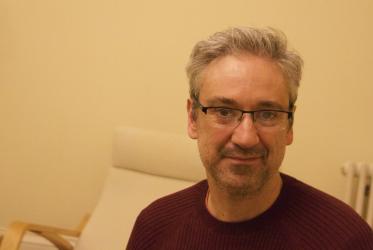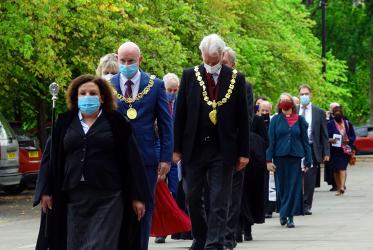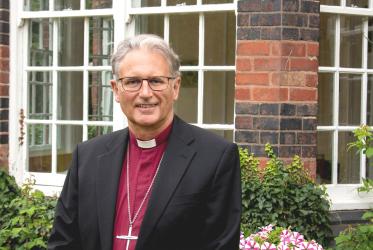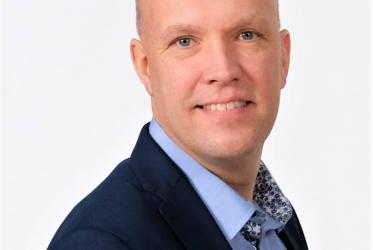Displaying 1 - 20 of 20
21 February 2024
Swedish Mission Council hears WCC reflections on faith in democracy
07 February 2024
“Every Picture Tells A Story” photo exhibit opens
30 November 2023
Uppsala 1968: The times, they were a’changing
06 September 2022
In pictures: Week of Prayer for Christian Unity
01 February 2021
“Coventry Cathedral continues to speak a word of hope to the world”
10 December 2020
Driven by God’s grace and a sense of duty
05 November 2020
Christian unity strengthens between Sweden, Malta
23 January 2020
